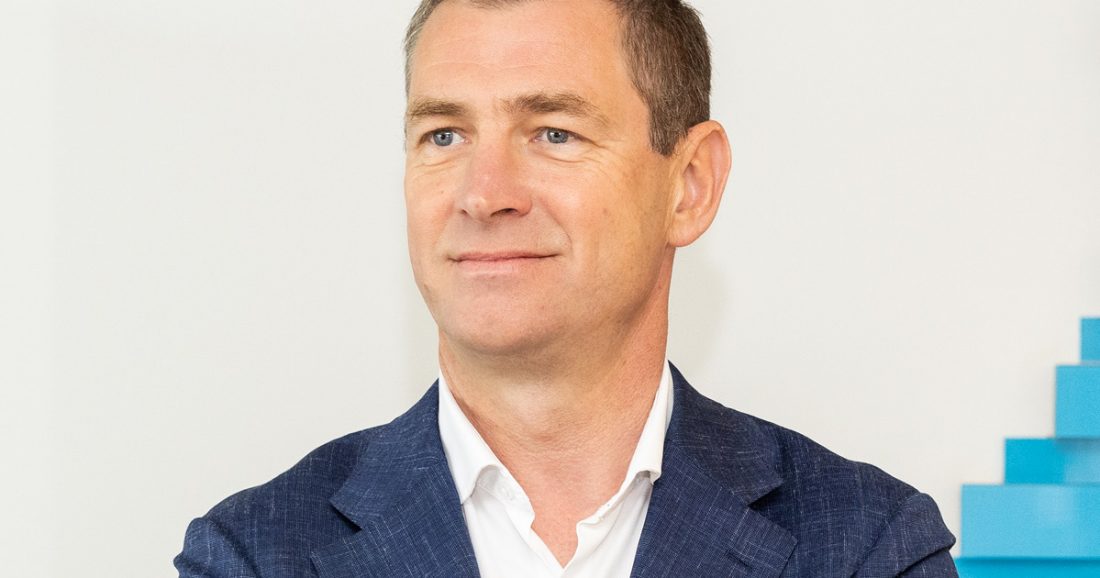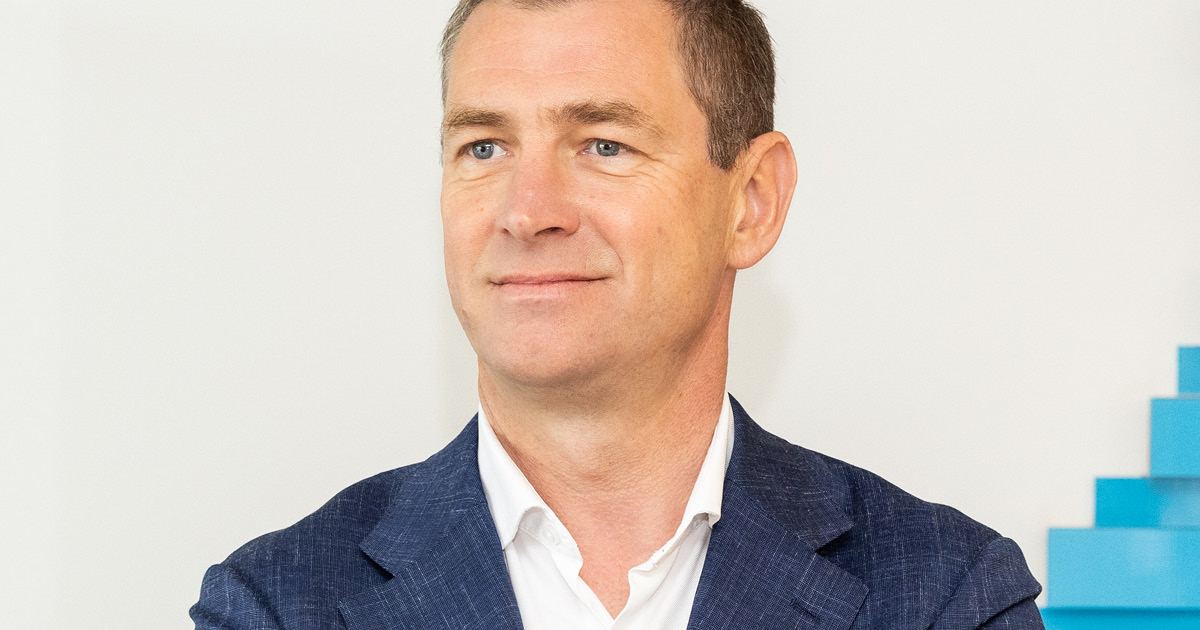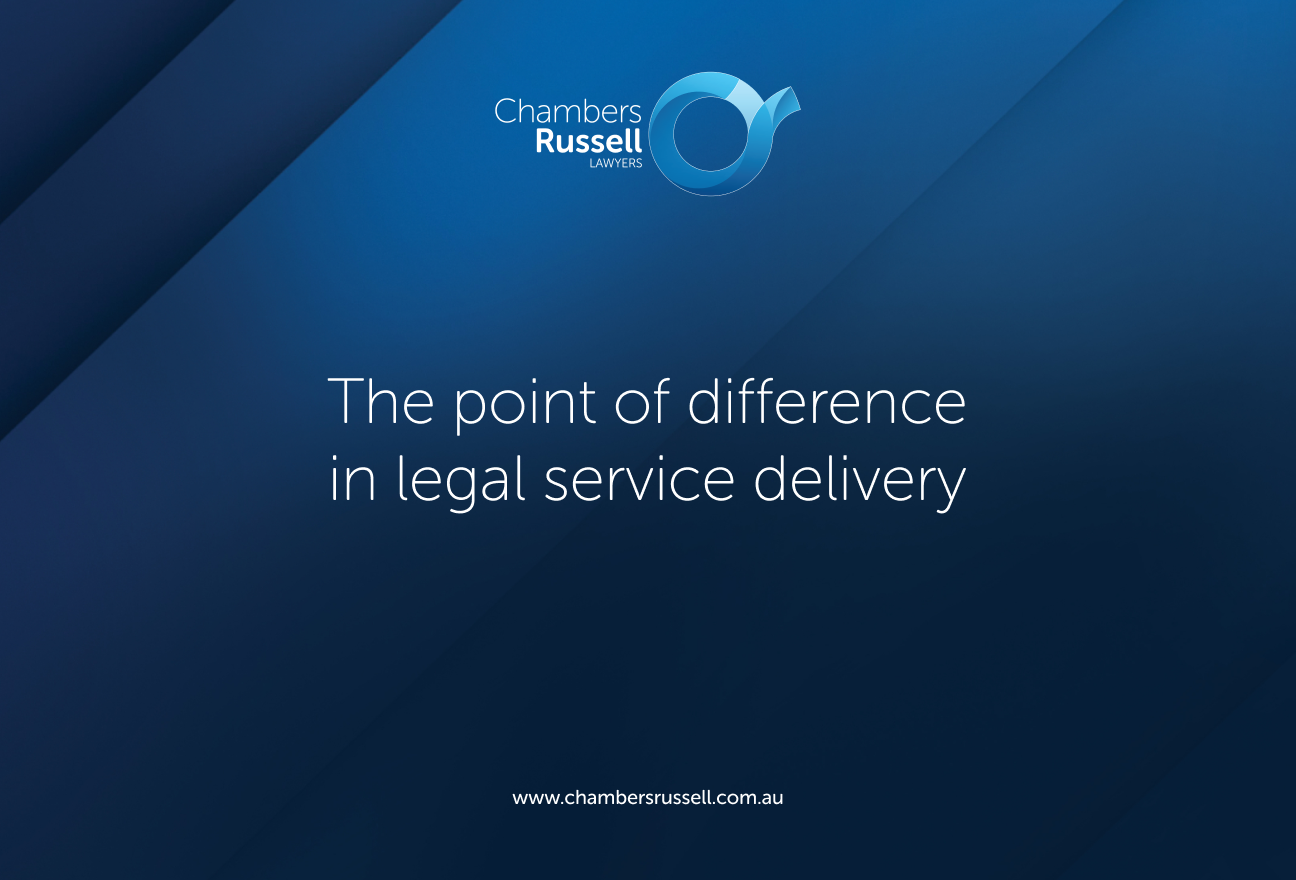When Bobby Lehane was in the top job at strata insurance provider CHU Underwriting Agencies, it was the largest of its kind in Australia. At its peak, Lehane stepped down.
“I retired,” he tells The CEO Magazine. “I was going to pursue my not-for-profit interests and just be more present for my family.”
A mainstay of the property services and insurance industries for many years, Lehane had gone from strength to strength during his time at CHU, including winning The CEO Magazine’s Financial Services & Insurance Executive of the Year award in 2019.

“There was a readiness and desire to change, from the board down.”
In taking a step back, Lehane let the spirits move him as he dived into charity work. There was, however, a sense of loss he couldn’t shake.
“I basked in the freedom at first, and some of the not-for-profit work I did during that time I loved, but there wasn’t enough,” he admits.
“After about 18 months, I was missing what it is that I do. I was missing leading, changing organizations, the building, the shaping, winning the intellectual and emotional challenges. Most of all, I missed the human connection.”
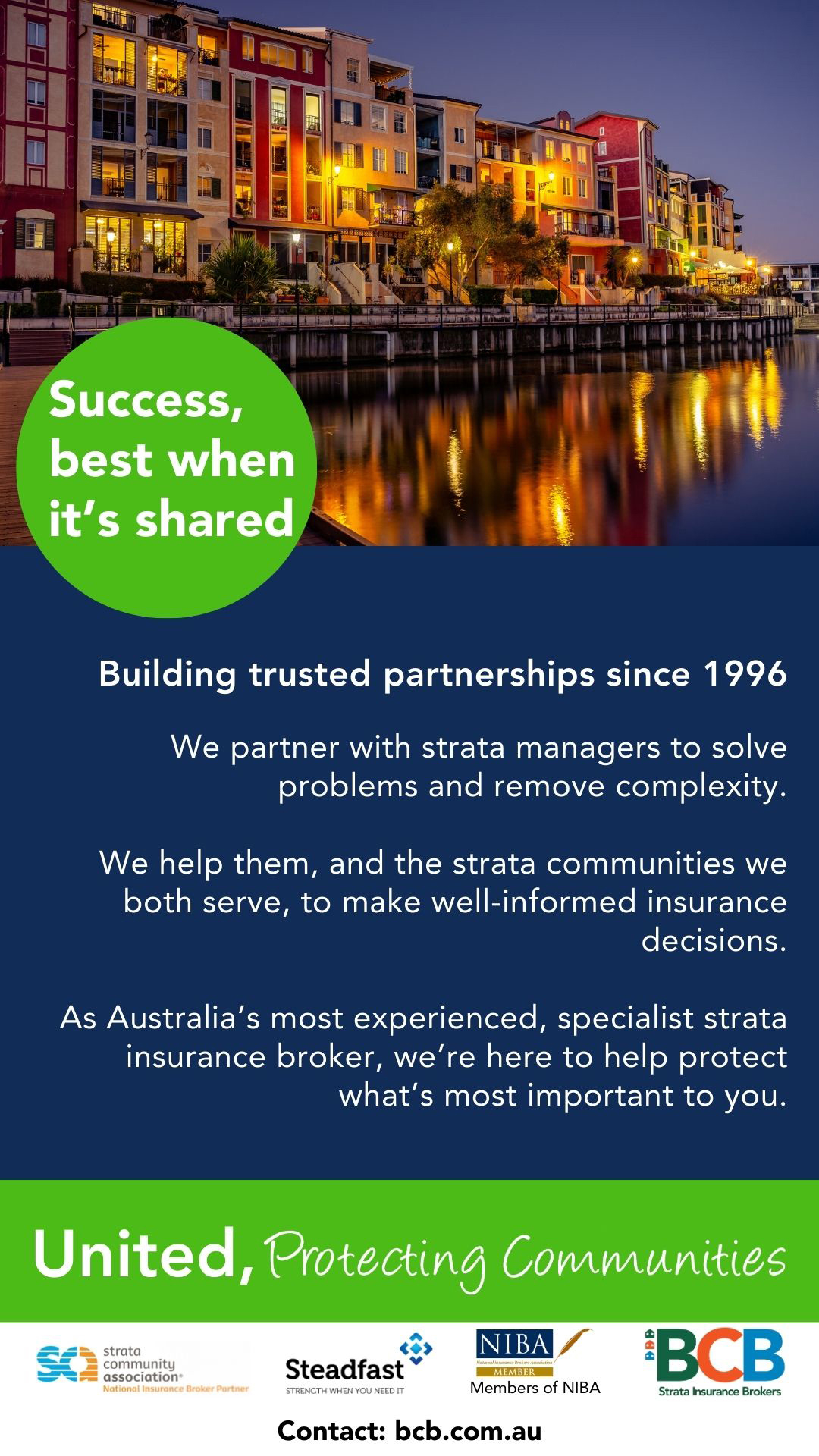
Advertisement
Fate, with its sense of irony as sharp as ever, stepped in at the funeral of a former CEO of PICA Group, Australia’s leading property services provider.
“He was a wonderful man and at his funeral I was surrounded by so many of the strata community,” Lehane recalls. “It’s strange, but I felt as though I’d found my people.”
Shortly after that, by sheer coincidence, PICA Group’s CEO role became available. Lehane felt compelled to apply.
“It was a rigorous selection process, but fortunately I was successful.”
Challenge Accepted
Once he’d taken the reins at PICA Group in January 2023, Lehane used his past insight into the organization to size up the opportunities – and challenges – in front of him.
“With over 30 branches, it’s the largest strata management company in Australia by a significant amount,” he says. “It’s twice as large as the next competitor.”
The size encompassed a large team, a number of strong brands and a large customer base, as well as a lot of internal bureaucracy.
“There was a level of expense in the business that was just not sustainable,” he reveals. “If you can only solve problems by throwing people at them, you’ve got an even bigger problem.”
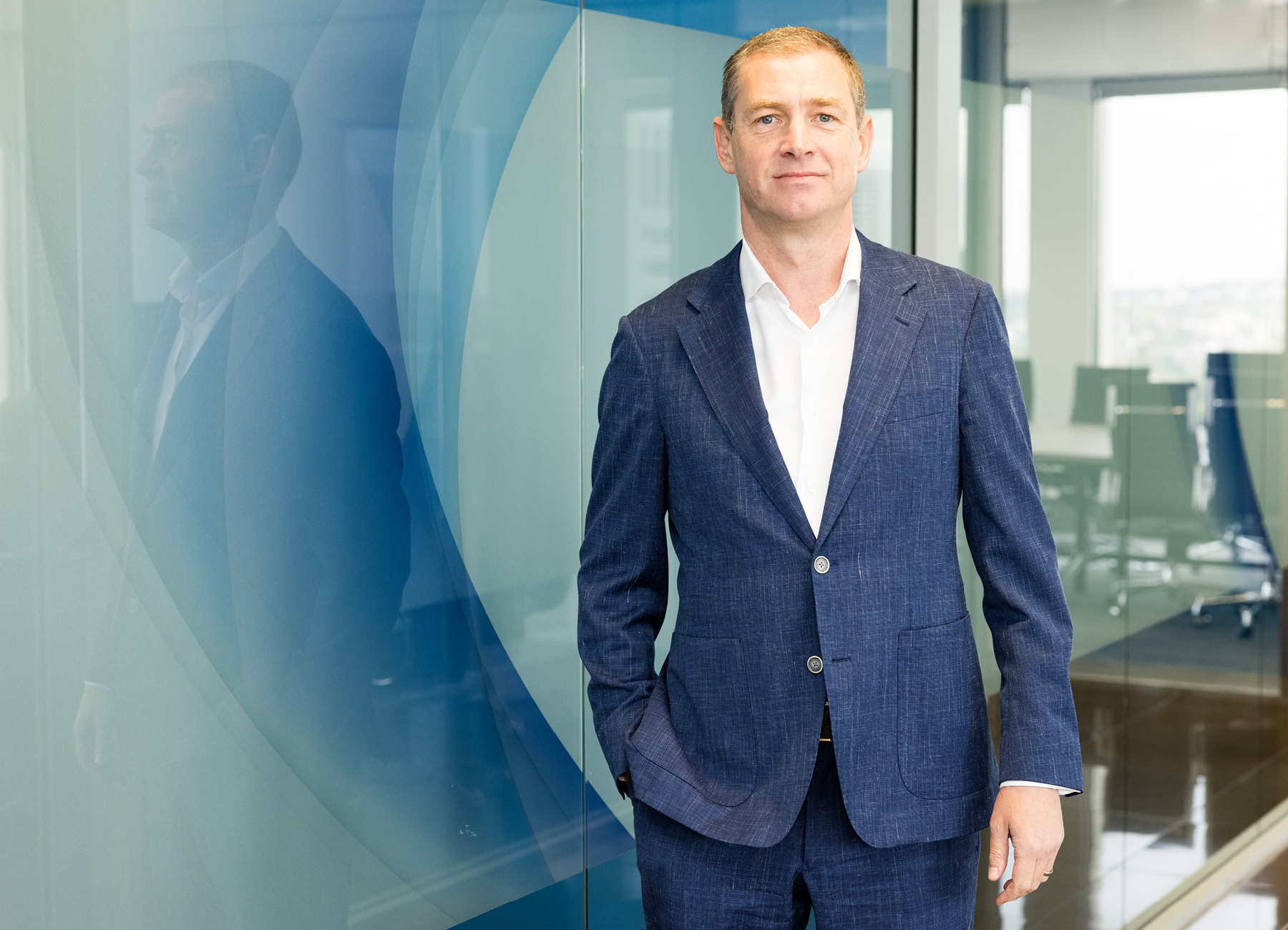
“There’s no such thing as instant gratification.”
The conditions conspired to have a negative effect on employee and customer engagement alike, not to mention turnover, he says. “As a business, we were actually on a negative trajectory.”
As tough as they were, the conditions represented an opportunity for Lehane to flex his corporate muscles after his time away.
“There was a real readiness and desire to change, from the board down,” he confirms. “They demonstrated that by going external for a CEO. This is an organization that’s historically promoted internally, so it was an acknowledgement that something different was required.”
Simple Strategy
Aware of the expectations upon him, Lehane wasted no time getting to work.
“We undertook a diagnostic of the situation, which very easily articulated the strengths, weaknesses, opportunities and threats,” he says. “Then we started to develop a strategy to address those. And while PICA Group is a much bigger business than CHU, it’s a very similar challenge.”
That strategy came together quickly, and set the course PICA Group has been on for the past 12 months.
“The strategy itself is very simple. We decided to address our complexity and expenses through simplification. We’d provide the best tools and support for our people and customers, and simplify through automation,” he explains.
Once the PICA Group house was in order, with all key metrics tracking in the right direction, Lehane and his team could then begin to grow the business even further.
“That part has only really come good in the last few months,” he says. “And that’s because a lot of the early decisions and actions you make take time to have an impact.”
While some of PICA Group’s changes may pay immediate dividends, Lehane says many will play out over the next few years. Automation and AI are key growth areas, but Lehane says it’s purely for the purpose of making life easier for the company’s people.
“We’re not turning into robot hotels,” he insists. “There are mundane tasks that need doing, and our strata managers will be freed up to focus on relationships.”
He admits there’s a way to go, however. “There’s no such thing as instant gratification; it doesn’t all happen in one year,” he notes.
Partner Pool
With the strategy’s rollout progressing well, Lehane says PICA Group is firmly focused on addressing its ambition to be great for its people, customers, communities and owners.
PICA Group has worked alongside its partners and industry peers to deliver the best possible result for clients. These include strata insurance broker Body Corporate Brokers, CHU Underwriting Agencies, Whitbread Insurance Brokers, commercial law firm Chambers Russell Lawyers and repairs and maintenance expert The Scotia Group.
“Given the scale of the business, it’s impossible to do everything ourselves. We rely heavily on partners and they’ve been a big part of the solution,” he points out.
“We foster and cherish those relationships, which we’ve built on honesty and clarity. If you’re hiding stuff from your partners, it’s probably not an ideal relationship. It’s a work in progress, but they’re a large piece of it.”
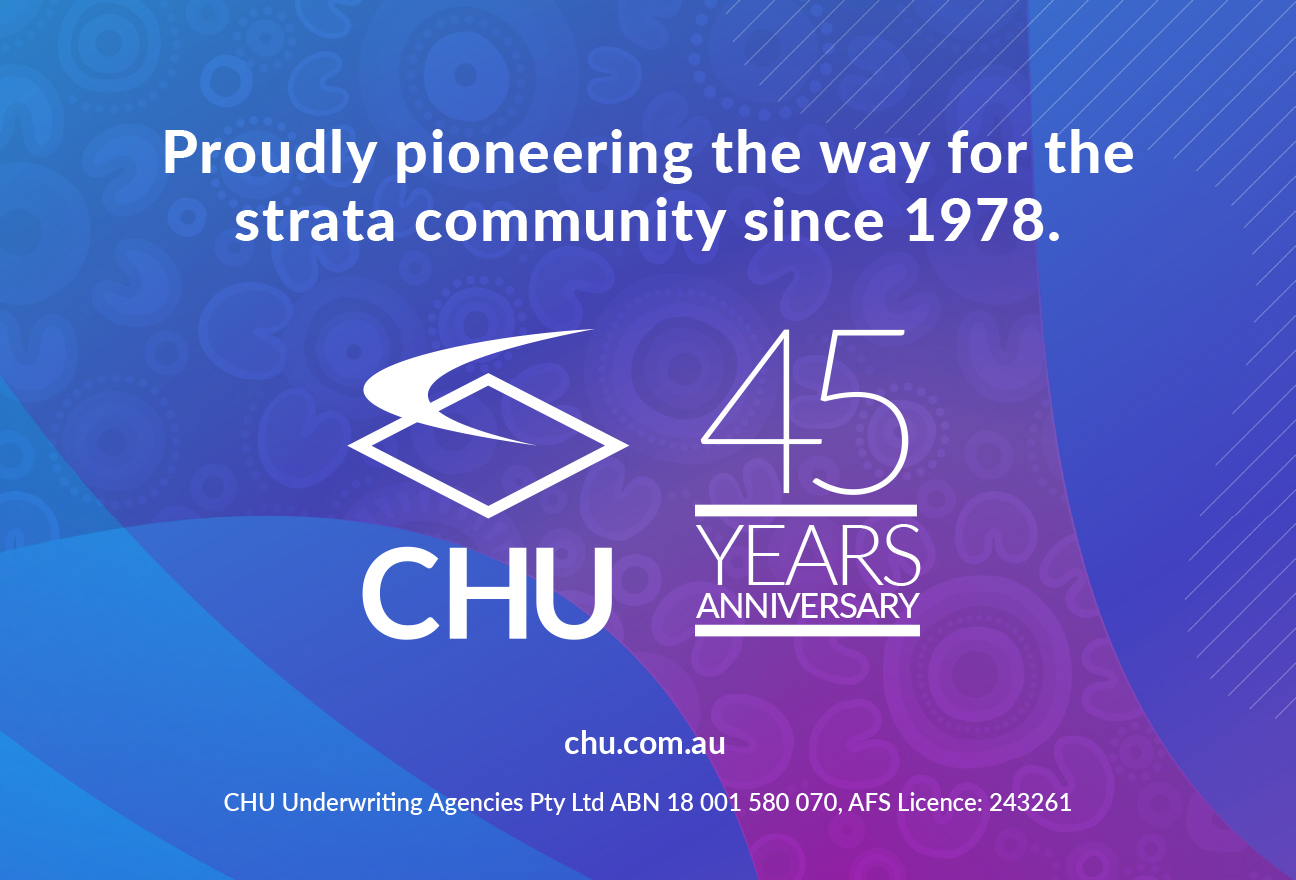
Advertisement
The whole, then, is a pool of strata management experience accumulated over more than seven decades.
“We have more strata management professionals and expertise than any other company in the country, and we’ve built up our capability and resources and knowledge over 75 years,” Lehane says.
“We manage everything from the smallest duplex to the largest high rise. That scale is phenomenal, but it also allows us to negotiate exceptional outcomes on behalf and for our customers with our partners and others.”
PICA Group has also ensured that mechanisms are in place to guarantee continuous service.
“If staff have gone on holidays, we’re still there for our customers because we have such a depth of talent that we can step in when needed. That makes a difference.”
Recruit and Retain
That PICA Group’s headcount is healthy speaks volumes about Lehane’s recruit and retain policy.
“When I joined, staff turnover was running at 30 percent,” he admits.
“Can you imagine losing a third of your workforce every single year? The impact that has on the schemes that they service? That 30 percent churn was costing a lot of money in terms of bringing new people in, training them, handing over portfolios and educating customers as to their new strata manager. It was terrible.”

“What we’re able to do here is adopt innovations from both of those shareholders.”
Since then, there’s been a huge improvement. “People have decided to stay, and that’s because they’ve bought into a different vision for the future,” he says.
“That’s working well because the more engaged they are, the more employee retention improves, and so too does our customer retention and our customer service.”
Helping matters is PICA Group’s commitment to offering career progression, mobility and support from a broader team.
“We’re ultimately working towards having the best tools we can for our people. We’re providing them with support when they go away on holidays. We’re articulating a vision of their role within the community that is greater than just doing our jobs,” he explains.
“We’re not struggling to find people now because people know something good is happening here. Success breeds success.”
Industry Voice
Established in 1948, PICA Group has branches all over Australia. Each branch not only supports its local communities but also receives backing from PICA Group’s ownership through various support services.
“One owner is a Japanese property management company and the other is an Irish fintech,” Lehane reveals. “What we’re able to do here is adopt innovations from both of those shareholders.”
PICA Group’s use of AI in particular has progressed significantly over the past year, and the business’s ESG direction is also guided by its parent companies.
“It’s great that we can leverage a far deeper pool of resources than if we were purely a standalone Australian company.”
The diverse resources and knowledge base at PICA Group’s disposal makes it a force to be reckoned with within the industry.
“We work very closely with the Strata Community Association here on a lot of the industry’s challenges,” Lehane says.
“We’ve committed a lot of resources to the SCA, and I think we’re actually the largest single source of funding through our memberships.”
Ultimately, according to Lehane, much of that support goes to helping PICA Group’s smaller competitors who might fall short in terms of resources. It’s a clear indicator of the company’s commitment to its industry over short-term gain.
“Given our size and some of the relationships we have, we lobby ourselves. And we look to work directly with industry, including the insurance industry, to advocate on behalf of both our clients and the industry as a whole,” he adds.
Authenticity Counts
Lehane doesn’t hesitate when asked about his biggest achievement during his first year as PICA Group CEO.
“Employee engagement. When I arrived, it was trending in the wrong direction. A year on, it’s more than doubled,” he says.
The correlation between employee satisfaction and customer retention has made itself apparent as a result.
“That engagement means improved retention of customers and employees. If our people are happy, our customers are far more likely to be happy.”

“I transitioned to a more inclusive and collaborative style to create the kind of environment where people can realize their full potential.”
But the path to that improved culture took time and a significant restructuring effort. “It was the biggest challenge,” he concedes.
“Restructuring involves redundancies. It involves parting ways with a number of people, some of whom had been with the organization a long time. That’s not an easy thing to do, and anybody that says it is might be in the wrong job. It was hard, and it was hard for the team.”
Lehane’s method of overcoming that hardship came down to authenticity. “I am authentic in terms of how things are. I know it sounds like a cliche, but it’s who I am,” he insists.
“So I’ve tried to be open with respect to the challenges PICA Group faces and how we’re going to tackle them. I communicated clearly from the outset, and I genuinely executed the restructure with as much empathy as one can have, looking after people on the way out. I’d like to think they’d say the process was handled with dignity.”
Huge Advantage
Lehane’s authenticity is also a pillar of his leadership style, which has developed throughout his career. “Every role I’ve performed, every experience, has prepared me for what I do today,” he says.
“I think my tech background is instrumental in shaping PICA Group’s future direction. It’s a huge advantage that isn’t too common in the industry.”
He believes experience matters because it can’t be taught. “If I go into a meeting and I’m the smartest guy in the room, there’s something wrong. What I bring is the benefit of insights developed through many years of experience and situational learning.”

Advertisement
Faced with what he believes were existential threats and a great sense of urgency upon joining PICA Group, Lehane spent his first six months delving headfirst into those challenges. Once things settled down, he changed his approach.
“That’s when we started to establish trust among our people, and confidence in the future began to emerge,” he remembers.
“I transitioned to a more inclusive and collaborative style to create the kind of environment where people can realize their full potential. That’s where I’m more comfortable.”
Doing so meant making time for company-wide one-on-one meetings. “I’ve sat down at every one of our branches and spoken with everybody. I’ve set aside time for those conversations,” he says.
“We discuss operational matters but also personal issues, career development, strategizing particular challenges. I enjoy mentoring and supporting the team to achieve their goals.”
Heart of the Matter
Introduced during Lehane’s tenure, PICA Group’s current logo depicts buildings in a contemporary style, reflecting the company’s innovative approach to property and community management. It’s no accident that there’s a heart at its forefront, a deliberate and thoughtful decision that carries a multitude of meanings.
“The heart symbolizes our genuine care and commitment to our communities, showcasing that we’re about heart at our core,” he reflects.
The new design also signals a fresh, revitalized image, embracing the forward momentum of the business.
“The modern typography represents our progressive mindset, further emphasizing our dedication to staying current and relevant in the evolving industry landscape.”

